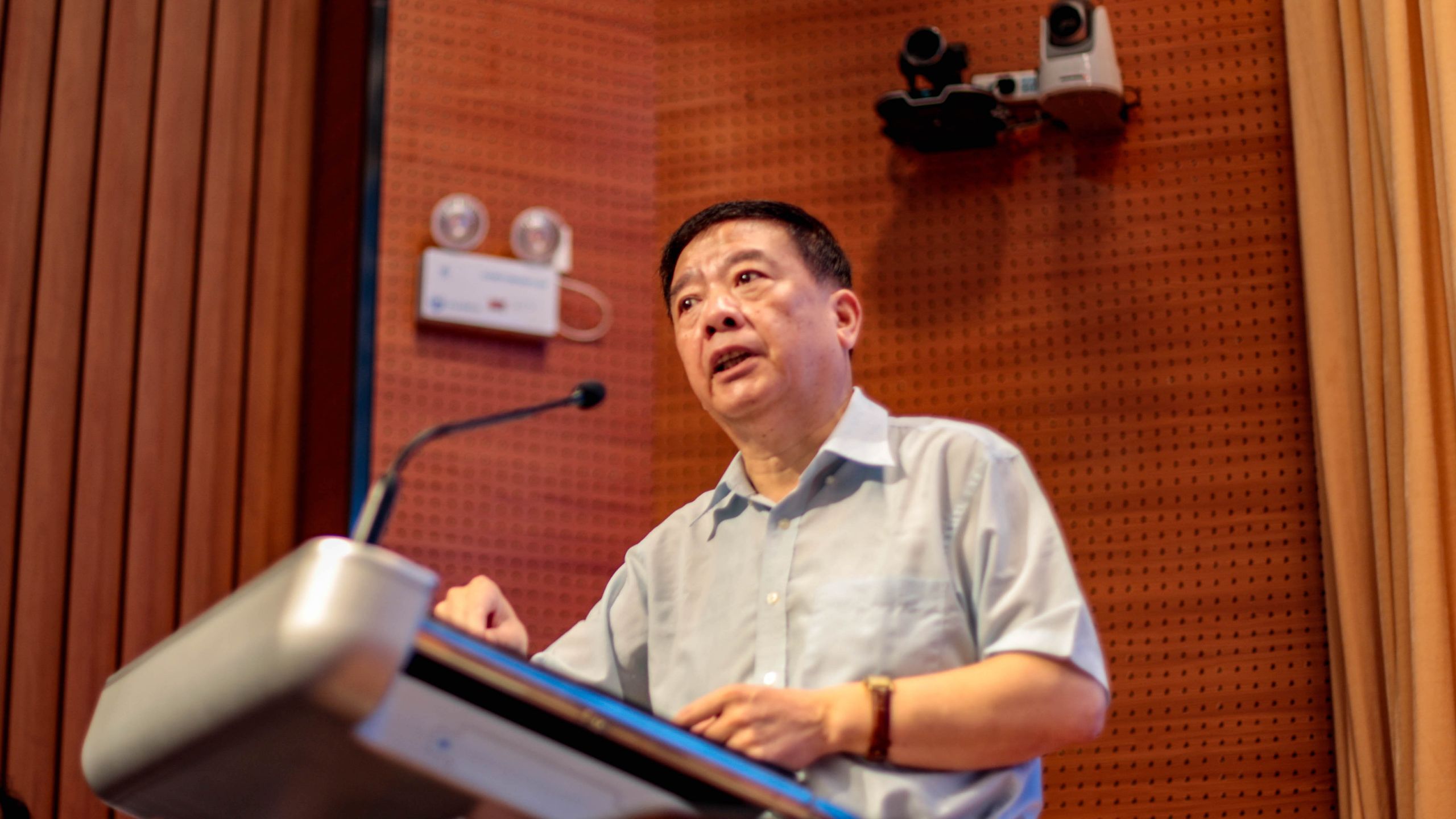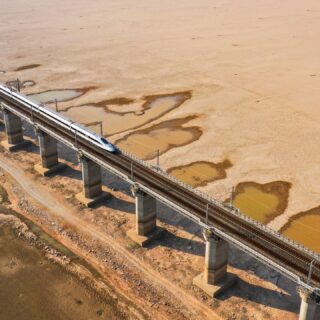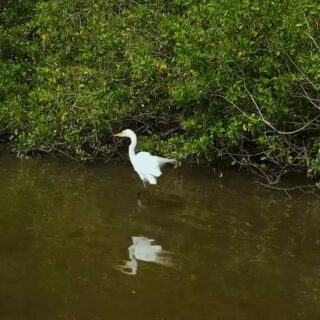Ming Xu: Protecting the Yangtze is an enduring and tough battle
The Yangtze is one of the axes of China’s economy. The Yangtze Economic Belt covers 11 provinces of China, including Shanghai, Jiangsu, Zhejiang, Anhui, Jiangxi, Hubei, Hunan, Chongqing, Sichuan, Guizhou and Yunnan[1]. Although this is less than a quarter of the country’s territory, its population and economy account for more than 40% of national total. If we single out the area’s GDP, it would be world’s third largest economy in 2017[2]. The basin, which is significantly important for the earth’s eco-system, has been adversely impacted by long-term extraction of resources for economic development, with evident symptoms such as water over-consumption[3], pollution[4], bio-diversity loss[5], frequent flooding[6]. These challenges the sustainability of development in the region. Regional climate uncertainties[7] under global warming further complicate the situation.
“[We should] prioritise the ecosystem [restoration] and take a path of green development. The protection of the Yangtze is an enduring and tough battle which we must win.” While speaking at the first session of the Yangtze Lectures, Mr. Ming Xu, former vice Governor of Jiangsu, vice chair of YICODE Consultative Committee, said in his presentation. Thanks to attentions on the protection of eco-systems of the Yangtze, “making all-out efforts to protect it, and forbidding large-scale development” have become a consensus for the management of the iconic river. Recent years have seen slowed degradation and partial improvements of its ecological system. Yet fundamental recoveries still require persistent efforts.
To protection the eco-systems of the Yangtze and sustain economic development of the region, there are three issues, according to him, that are of urgent necessity. The structure of the economy is of the first concern. On an overall scale, industries that are with higher risks and pollution are still densely located along the river, forming an even greater structural risk. These industries are moving gradually towards the upstream. The second dilemma lies in the conflict between development and protection. The rapid urbanisation of the region means an inevitable balance between economic development and ecological protection, particularly between different lang uses. Basin scale water security is the third obstacle. Accompanying its economic mightiness is water issues such as poor water quality, aquatic environment and degrading ecological functions. To solve these problems, Mr. Xu argues that five policy priorities deserves our attention: municipal sewerage treatment, ecological restoration, integrated river-lake management, pollution control of navigation, and water source protection.
Mr. Xu also confesses a few more practical problems during this career life of overseeing ecological protection. For example, local governments might be reluctant in shutting down some heavily pollutive factories because of their contribution to the local economy. Government agencies could be too heavily occupied to monitor the compliances of all enterprises, and government officials sometimes feel unwilling to persecute violators because they happen to be from the least advantaged community. These problems might have to be solved with the tripod of institutions that supports water management[8], the state, the market, and self-governance. The ecological protection of the Yangtze, as asserted by Mr. Xu himself , needs sufficient legislative frameworks and proper policies from the government’s end. Market rules that divers resources towards highly productive and efficient industries are conditions to allow a full play of the principle, “those who complies benefit, and those who pollute pay”. Only more participatory policy formation and implementation processes could improve public engagement and participation which are necessary for effective policy realisation.
The Yangtze Lectures are one of YICODE’s flagship platforms for outreach and exchange. It aims to bring together the best minds in the field for interpretation of and discussion on hotspots and difficulties, and exploration of global frontiers of research in river basin management and ecosystem protection.
Reference:
- 国务院. (2014). 国务院关于依托黄金水道 推动长江经济带发展的指导意见. Retrieved June 22, 2020, from 中国政府网 website: http://www.gov.cn/zhengce/content/2014-09/25/content_9092.htm
- China Water Risks. (2019). Yangtze Water Risks, Hotspots & Growth. Retrieved June 22, 2020, from China Water Risk website: http://www.chinawaterrisk.org/research-reports/yangtze-water-risks-hotspots-growth/
- Sun, F., Kuang, W., Xiang, W., & Che, Y. (2016). Mapping Water Vulnerability of the Yangtze River Basin: 1994–2013. Environmental Management, 58(5), 857–872. https://doi.org/10.1007/s00267-016-0756-5
- Floehr, T., Xiao, H., Scholz-Starke, B., Wu, L., Hou, J., Yin, D., … Hollert, H. (2013). Solution by dilution?—A review on the pollution status of the Yangtze River. Environmental Science and Pollution Research, 20(10), 6934–6971. https://doi.org/10.1007/s11356-013-1666-1
- Huang, L., & Li, J. (2016). Status of Freshwater Fish Biodiversity in the Yangtze River Basin, China. Aquatic Biodiversity Conservation and Ecosystem Services, 13–30. https://doi.org/10.1007/978-981-10-0780-4_2
- Jiang, T., Zhang, Q., Blender, R., & Fraedrich, K. (2005). Yangtze Delta floods and droughts of the last millennium: Abrupt changes and long term memory. Theoretical and Applied Climatology, 82(3–4), 131–141. https://doi.org/10.1007/s00704-005-0125-4
- Xu, Y., Xu, C., Gao, X., & Luo, Y. (2009). Projected changes in temperature and precipitation extremes over the Yangtze River Basin of China in the 21st century. Quaternary International, 208(1–2), 44–52. https://doi.org/10.1016/j.quaint.2008.12.020
- Meinzen-Dick, R. (2007). Beyond panaceas in water institutions. Proceedings of the National Academy of Sciences, 104(39), 15200–15205.




